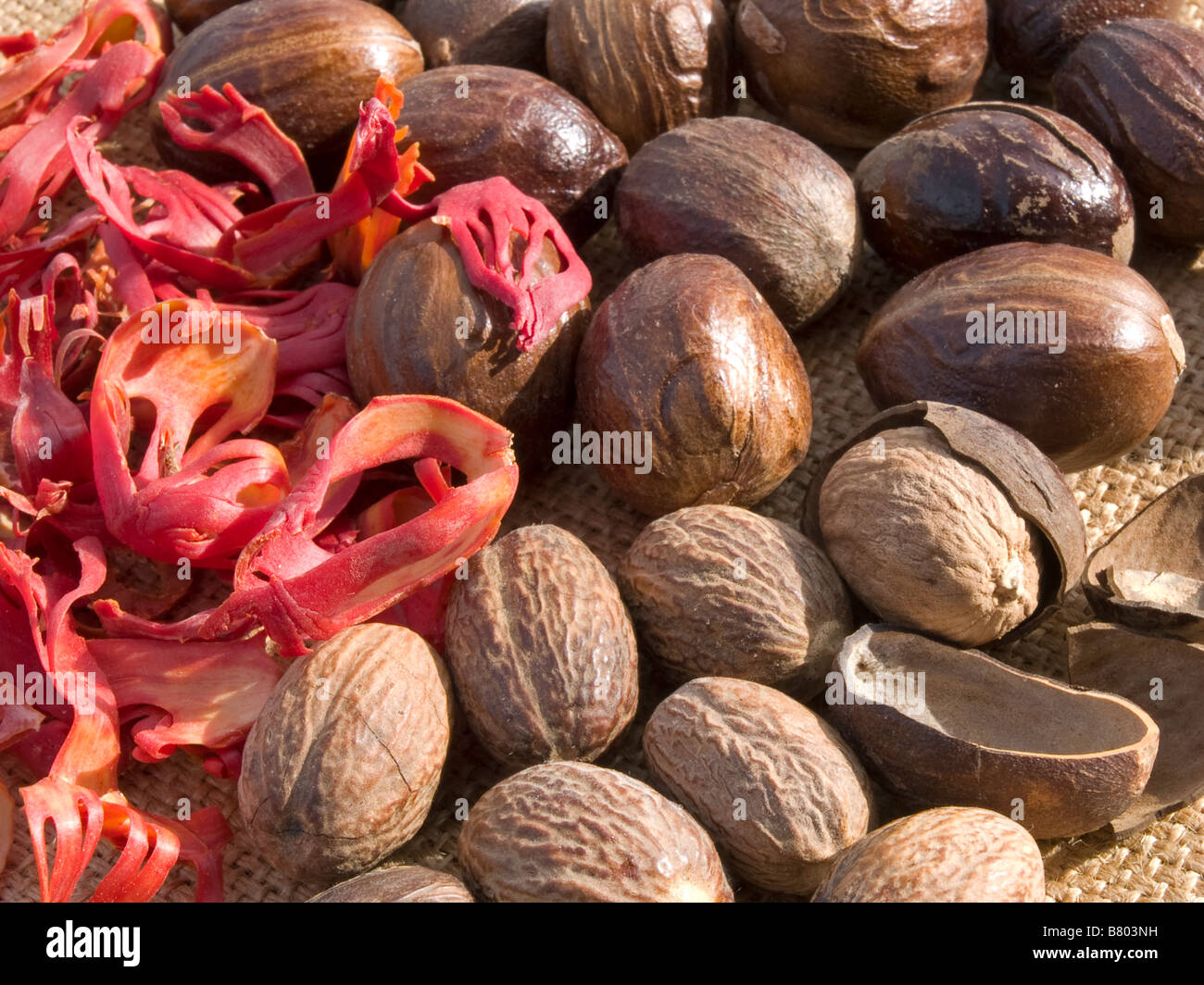
nutmeg and mace (from the tree Myristica fragrans) seen together Stock
The outer surface of a nutmeg seed resembles a stone fruit that is light brown in color, whereas mace comes from the aril of the nutmeg and is thin and red-brown in color. Consistency-wise, mace is airy, while nutmeg appears more solid due to its thickness.
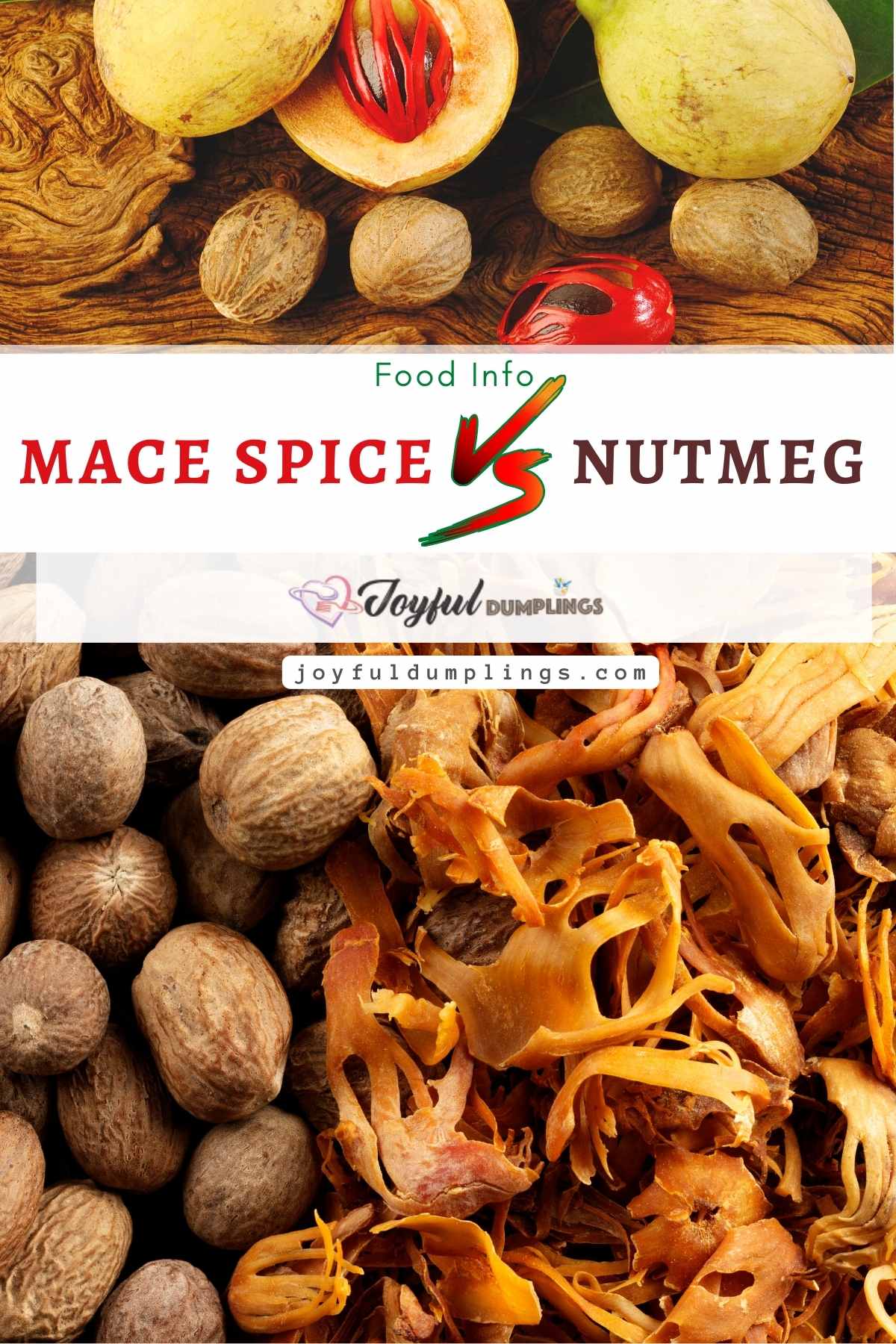
Mace vs Nutmeg Are Mace Spice and Nutmeg The Same? » Joyful Dumplings
Everything You Need To Know About NUTMEG & MACE. Mace and nutmeg are both spices derived from the same fruit, Myristica fragrans. The difference lies in the part of the fruit that they come from. Nutmeg is the seed found inside the fruit, while mace is the red, lace-like covering (aril) over the seed. This distinct difference in origin gives.
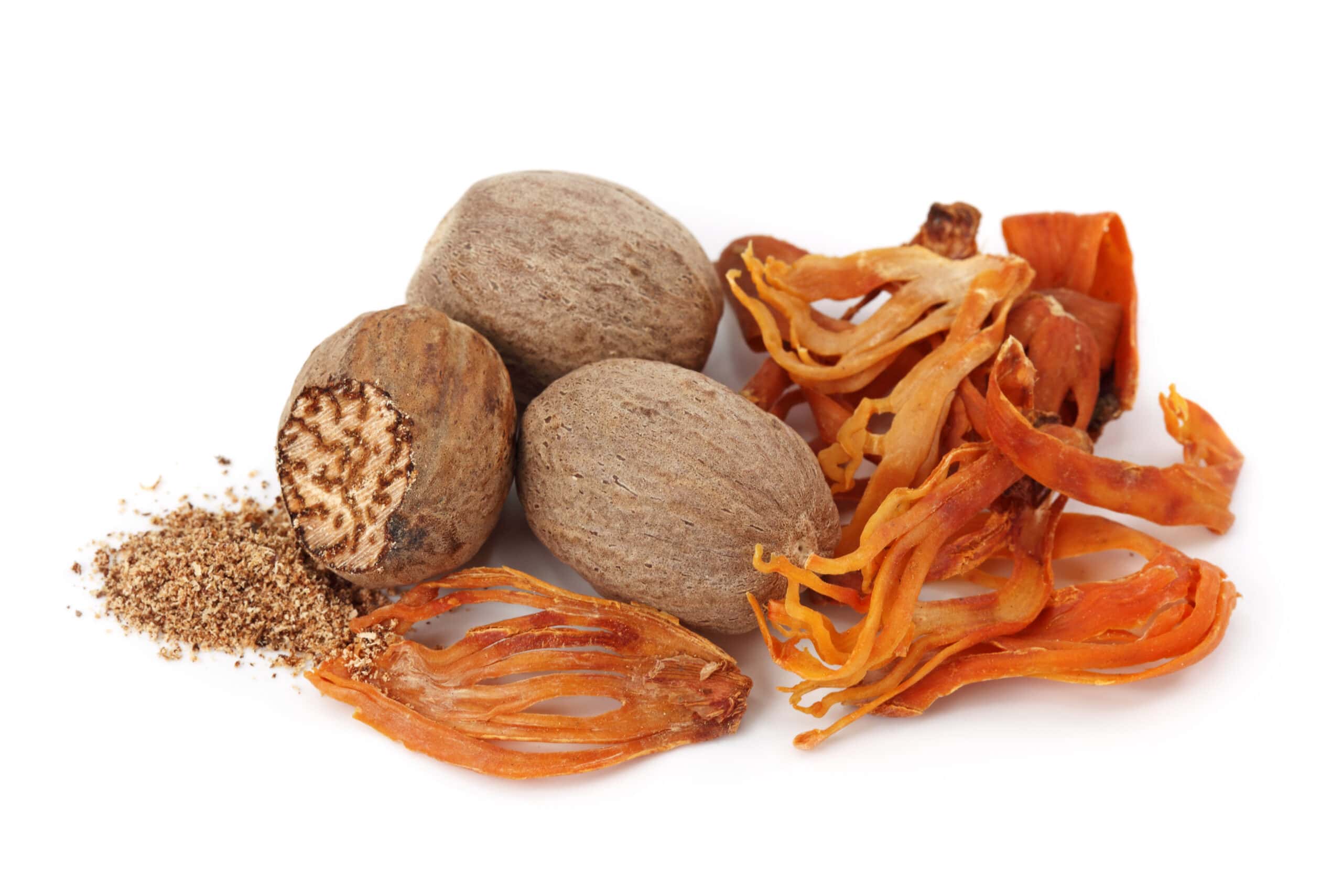
What Is the Difference Between Nutmeg and Mace? Soothing Spices
Mace and Nutmeg are both plant-based spices. Nutmeg is dried, shelled seed of the Myristica fragrans tree, whereas mace is the dry, net-like covering of the seed's shell. Fungi and bacteria may be killed by Mace and Nutmeg. They're also used in cosmetics and soaps as a scent. You should now know the difference between mace and Nutmeg.
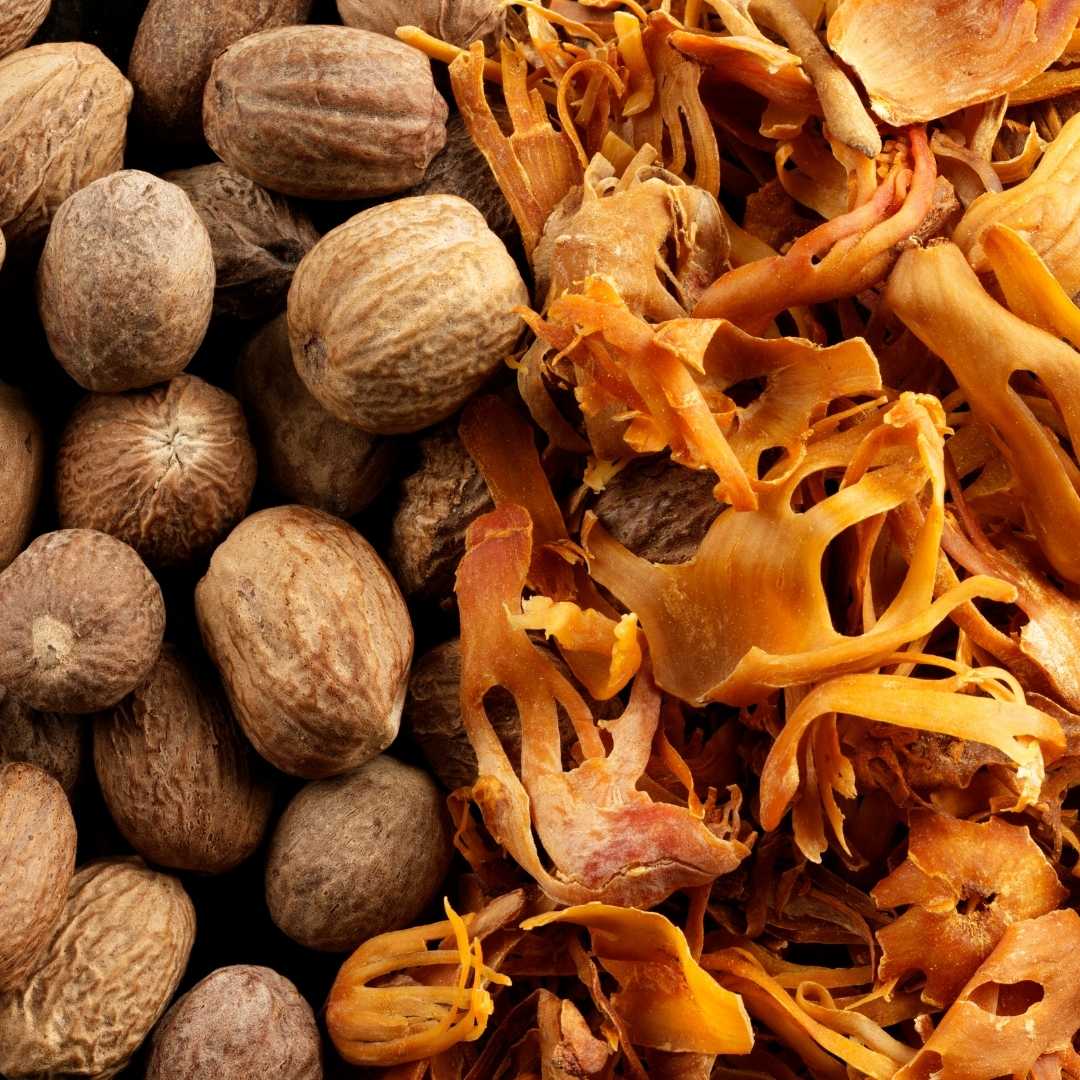
What are Nutmeg & Mace and its benefits? Amchur
While nutmeg and mace are somewhat similar in flavor, nutmeg adds a mellow nutty presence to desserts, soups, and beverages, while mace is more pungent and slightly bitter, used in seasoning meats and sauces as well as desserts. The nutmeg fruit is about the size of an apricot, and is harvested when it reaches maturity.
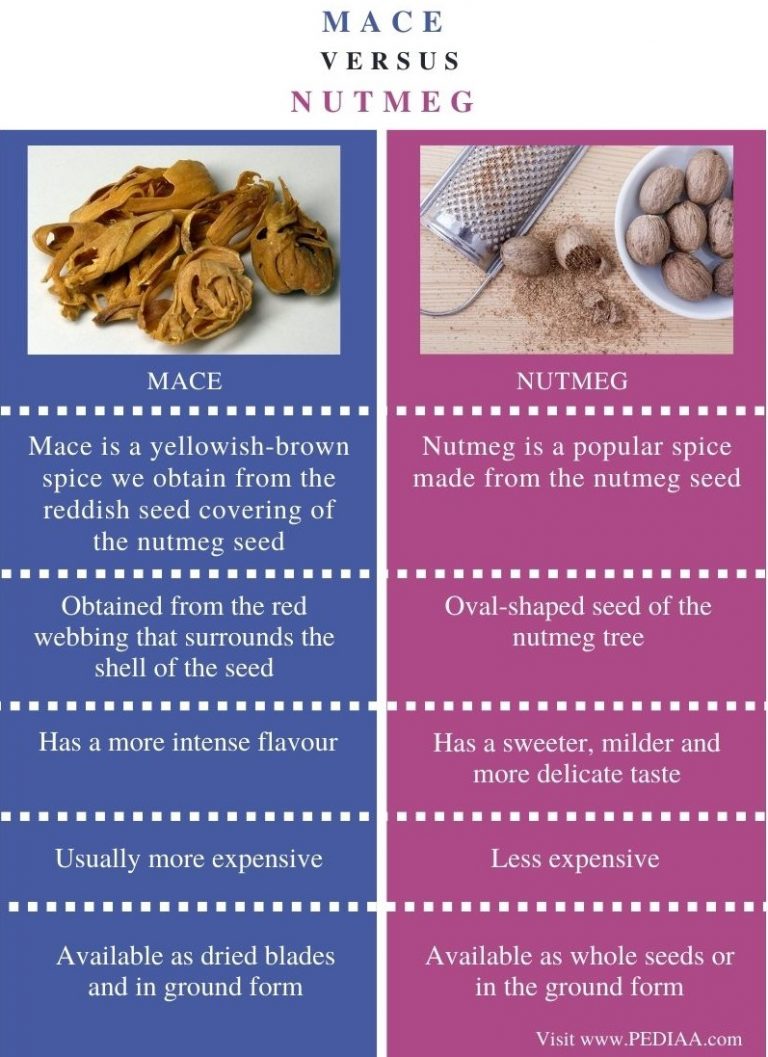
What is the Difference Between Mace and Nutmeg
Freshly grated is far superior. And it's traditional in eggnog, custards, white sauces, cooked vegetables, like squash and greens, as well as in baked goods. Somewhat counter-intuitively, mace is considered more subtle. Like nutmeg, it's sold whole or ground. It too is used in both sweet and savory dishes. You can substitute one for the other.
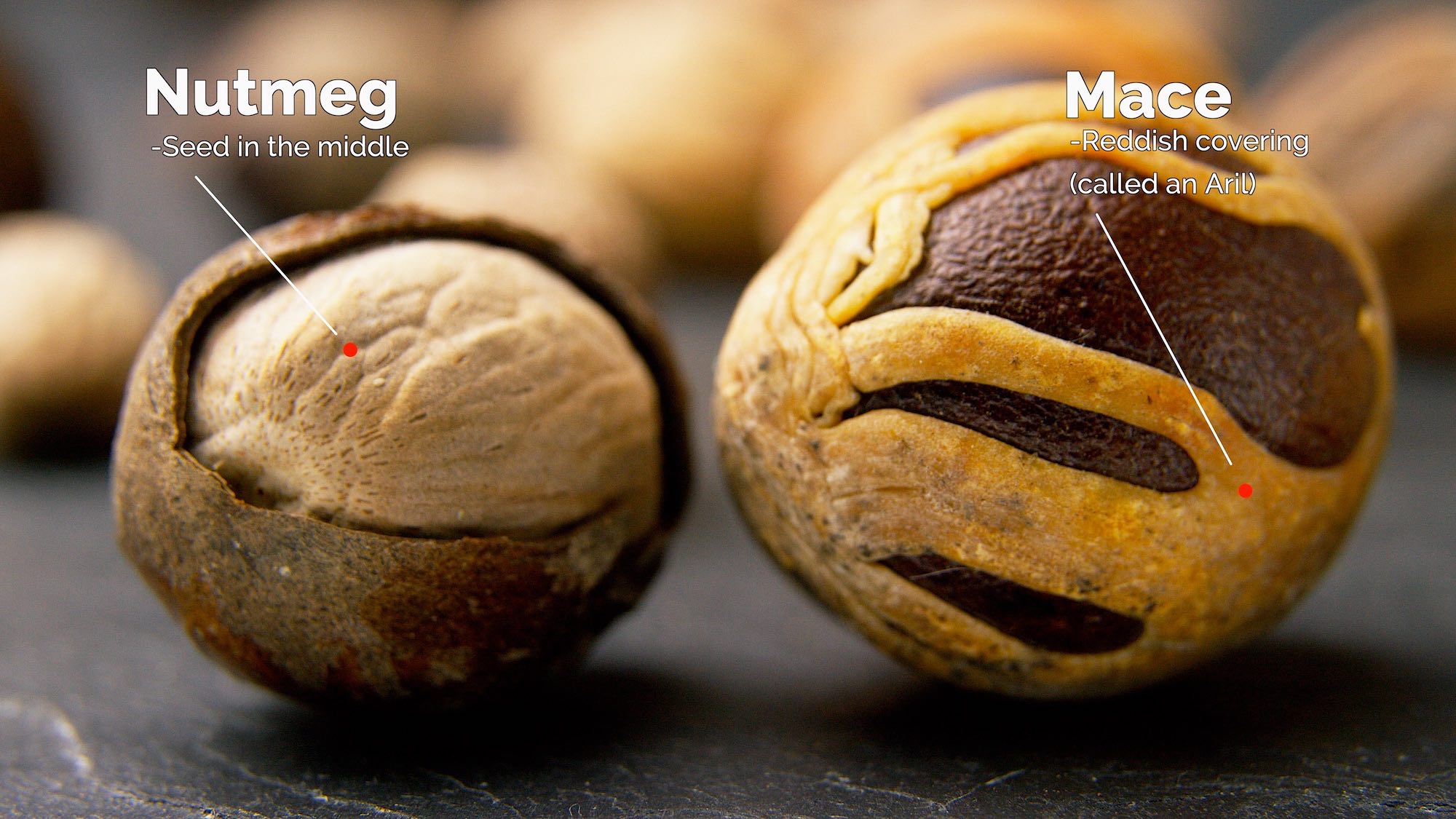
All About Nutmeg & Mace — Glen & Friends Cooking
Table Of Content show Nutmeg vs mace Nutmeg is the stronger spice compared to mace, and it's more affordable and easier to get a hold of. Mace is rarer and has a milder flavor, despite being a little more pungent than nutmeg. Both nutmeg and mace come from the same tree, and are in fact the seed and the webbed membrane protecting it.

What is the difference between nutmeg and mace? 2Tre Organics
Introduction Mace vs. Nutmeg. Two aromatic spices that often find their way into our favorite dishes. While they share a similar flavor profile, they have distinct characteristics that set them apart. In this detailed article, we'll explore the differences between Mace and Nutmeg, covering everything from their origins to their culinary uses.

What is Difference between Javitri and Jaiphal ( Mace vs Nutmeg ) ?
Culinary Uses Nutmeg: Nutmeg is a versatile spice used in both sweet and savory dishes. It's a key ingredient in pumpkin pie, eggnog, bechamel sauce, and various meat dishes. Mace: Mace is less common but equally versatile. It pairs well with fish, shellfish, and creamy sauces. Mace is also found in some baked goods. Storing and Grating
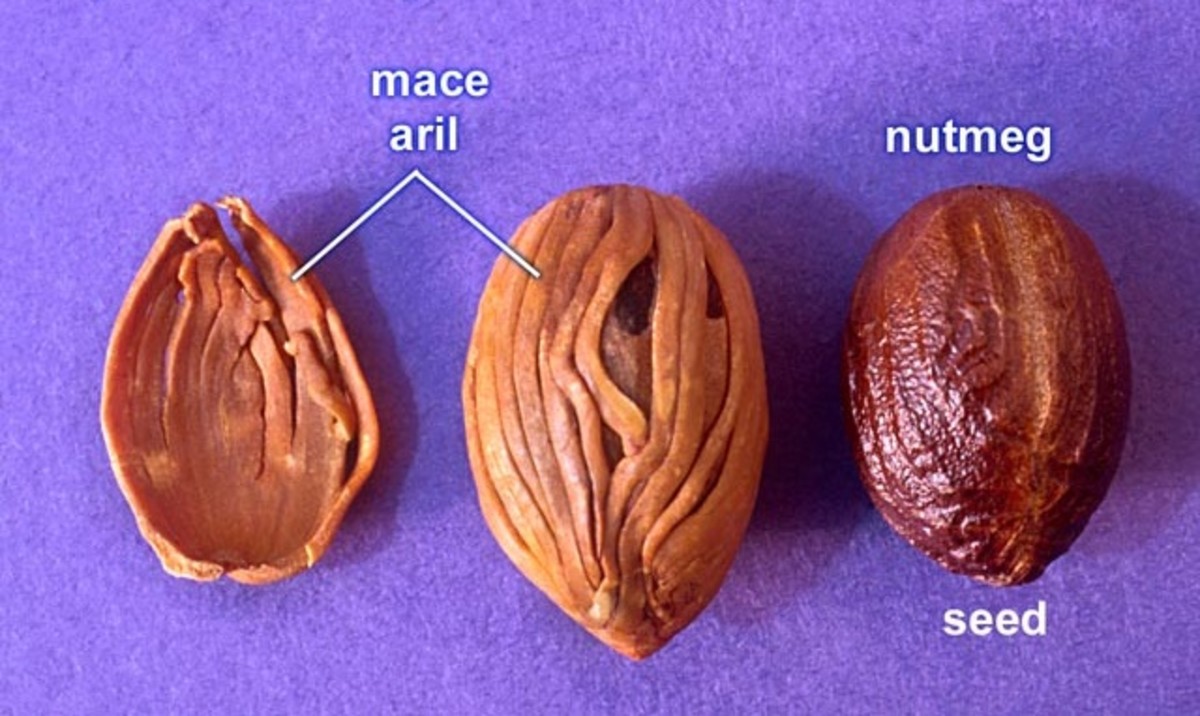
Nutmeg, Mace and Ginger; Health Benefits and Side Effects hubpages
One of the differences you will notice when you purchase these spices is the price. Each nutmeg plat provides a lot more nutmeg than it does mace. The supply of nutmeg is greater. Therefore, its price is lower. Another big difference is popularity. Mace isn't as popular as nutmeg. Nutmeg is essential in different recipes.

Difference Between Javitri and Jaiphal। जावित्री एवं जायफल में अन्तर
Mace is less well-known and not as indispensable. You will see more recipes that include nutmeg as an ingredient than ones with mace. Mace is a little more intense than nutmeg when it comes to flavor. It is spicier with a flavor profile that has many of the qualities of black pepper. While it is more pungent, it also loses its flavor faster.
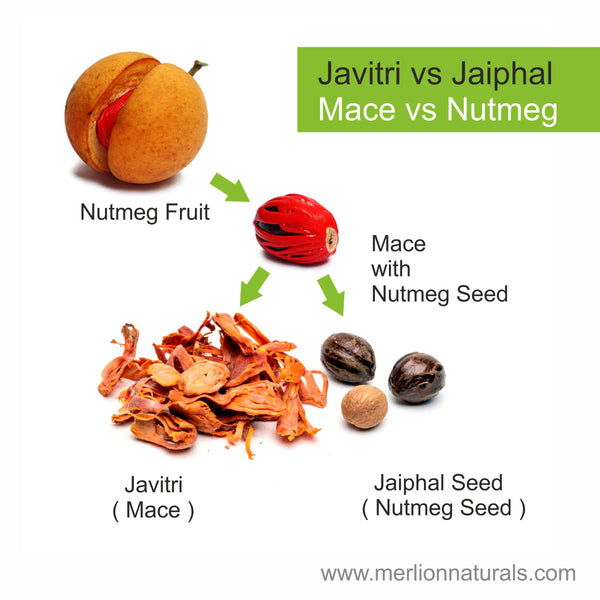
What is Difference between Javitri and Jaiphal ( Mace vs Nutmeg ) ?
The proper word to use depends on the context. Nutmeg refers to the seed of the nutmeg tree, while mace refers to the outer covering of the nutmeg seed. Nutmeg has a warm, sweet, and nutty flavor, while mace has a more delicate and floral flavor.
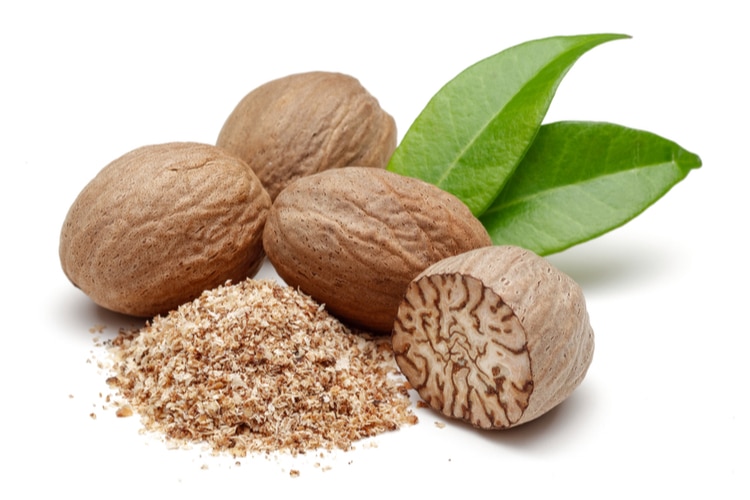
Mace vs. Nutmeg Taste, Difference & Nutrition
Food & Cooking There's More to Nutmeg Than Eggnog and Pumpkin Spice—Here's How to Use It Year Round Treasured since antiquity, nutmeg and its sister spice, mace, have similar yet distinct flavor profiles. Here's how to cook with them beyond the holidays. By Randi Gollin Published on February 7, 2023 In This Article Sister Spices Flavor Profiles

Difference between Javitri & Jaiphal जावित्री जैफल में फरक Mace
Slofoodgroup Team May 15, 2021 What's the difference between nutmeg and mace? Nutmeg and mace are sibling spices! Both mace and nutmeg are derived from the nutmeg tree, which is native to the Banda Islands and the Caribbean. The pit of the fruit that grows on the nutmeg tree is nutmeg, and the covering on the seeds of the fruit is mace.

Nutmeg Vs Mace Similarities & Differences Homegrown Herb Garden
Quick Facts Mace: Colors: orange, yellow, or brown Drying time: 10 to 14 days Taste: warm, spicy, and slightly sweet Supply: limited Popularity: less common than nutmeg Nutmeg: Colors: grayish-brown Drying time: 6 to 8 weeks Taste: less potent than nutmeg Supply: abundant Popularity: Ubiquitous What Is Mace?

Javitri & Jaiphal Mace And Nutmeg. Motivated to LOSE Weight
Nutmeg is the hard pit sitting in the core of the nutmeg tree's fruit, whereas mace is the coating that covers the outer layer of the pits. The enormous, evergreen nutmeg tree can grow to a height of around 18 meters and is a member of the Myristicaceae family.
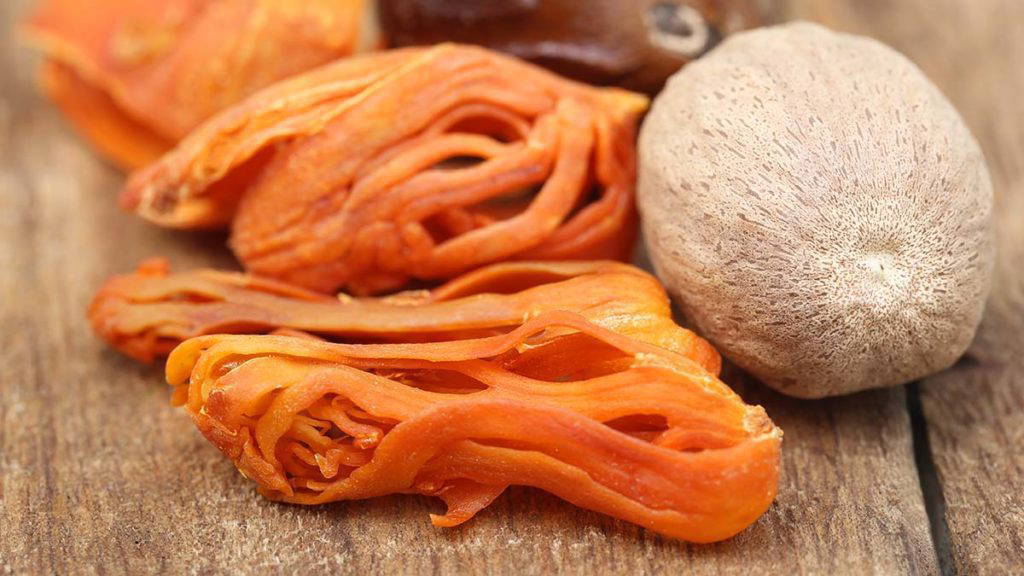
What's the difference between nutmeg and mace? The Spice Yard
Differences Between Mace & Nutmeg. There is a cost difference between nutmeg and mace. As mace is wrapped around the nutmeg seed it is less abundant than the actual seed itself. Meaning that mace is more rare and therefore a higher cost to purchase. This has also led to it being less common in recipes and spice cupboards alike.